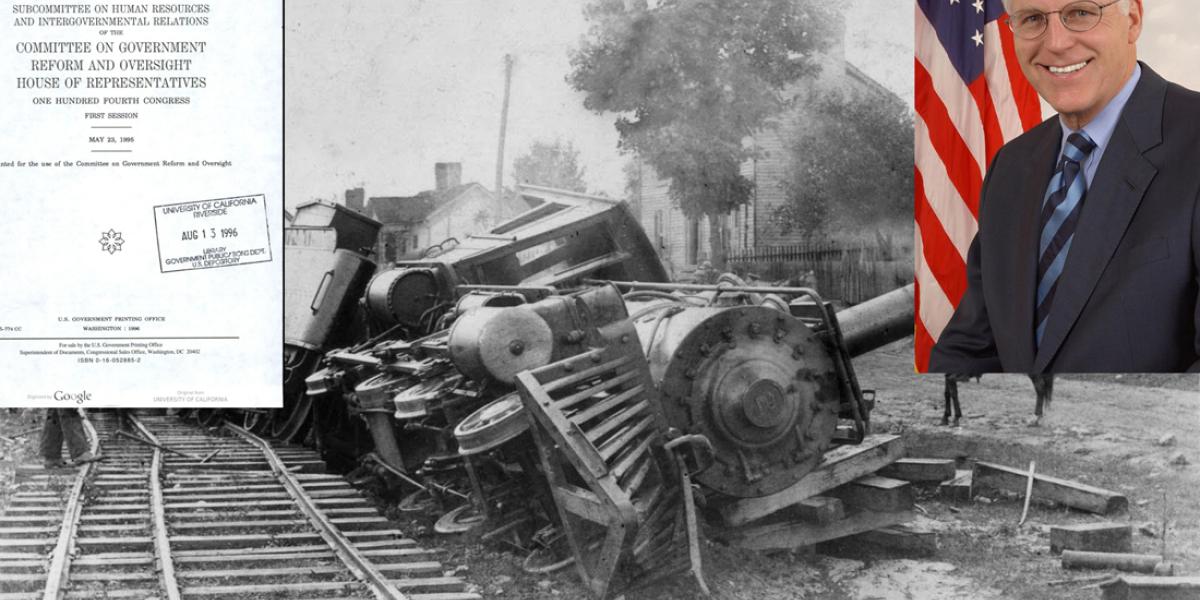Yves here. Wowsers. This post exemplifies the fevered anti-Russian hawkery that has taken hold in far too many power centers in Europe. I don’t want to pre-empt readers flexing their intellectual muscles by taking apart the factually and logically challenged positions presented below.
But we’ll highlight one paragraph to get the discussion going:
For Germany, and much of the rest of Europe, the investment in more defence capabilities does not simply require producing more ammunition or procuring more advanced defence systems. These are important – but what is also needed is a significant investment in developing manpower. This means either finding more volunteers or reintroducing conscription, which is now no longer a taboo in Germany.
Producing only ammo? That’s actually hard, but putting that aside, experts have raised eyebrows over one German weapons scheme, of converting auto factories to manufacture tanks. The platform, cladding, navigation systems and electronics systems are so different that the redo would be pretty close to starting afresh.
As for “procuring more advanced defence systems” the Patriot is the best the US has and it has not been terribly effective in the field, particularly against hypersonic missiles. The US is also woefully constrained in missile production capacity. Lockheed was awarded a new contract in late 2024 to increase production to 650 missiles a year. Do the math. The usual rule of thumb is that two air defense missiles are launched at an incoming attack asset. So 650 missiles is 325 responses to incoming nasties all over the world.
Iran is believed to have between 3,000 and 6,000 missiles. Russia’s output target for 2025 includes 750 Iskander missiles and 560 Kh-101s. So relying on “procurement” is not going to go very far.
Well, how about Europe producing them? Aside from the fact that Europe depends on the US (what is it going to do about intel from satellites?), to my knowledge, European manufacturers are not much of anywhere in making “advanced” equipment. Mind you, Russia has shown the merits of designing cheap, fault-tolerant, comparatively easy to train on and maintain weapons systems, and being selective in the application of gee-whizzery.
But the Germans face another impediment. Under NATO, member states often built their own kit. Leopard tanks. Leclerc tanks. Challenger tanks. Stridsvagn tanks. The idea of having your defense expenditures go to create jobs in another country is not an easy sell. Mind you, Europe overcame that with Airbus, where different countries make different parts of the planes, but I don’t see any recognition yet of the need to coordinate design and production across European states if they really do get serious about rearmament.
And there is the wee problem of high energy prices, which seems unlikely to go away any time soon.
Depicting a draft as now no longer in Hallin’s sphere of deviance is not an indicator of viability. German and European readers can opine on the odds of survival of a German party that was serious about re-introducing conscription.
By Stefan Wolff, Professor of International Security, University of Birmingham. Originally published at The Conversation
Two statements from world leaders this week bear closer examination. On May 27, the US president Donald Trump took to his Truth Social social media channel to proclaim that if it wasn’t for him, “lots of really bad things would have already happened to Russia”. The following day the German chancellor, Friedrich Merz, announced that his country would assist Ukraine in developing long-range missiles to deploy against targets inside Russia. Both statements are quite extraordinary.
Even by Trump’s own standards, the public declaration by a sitting US president that he is protecting the Russian president, Vladimir Putin, is unprecedented. Putin is under indictment for war crimes and has been waging a war of aggression against Ukraine for more than three years after having illegally annexed Crimea over a decade ago. There can now be no doubt left that the US has become an unreliable ally for Ukraine and its European partners.
This is the context in which Merz’s announcement of increasing defence cooperation with Ukraine becomes significant. While Trump continues to chase an impossible deal with Putin – even after threatening to abandon his mediation efforts less than ten days ago – Germany has doubled down on Ukraine’s defence.
Not only that, but as the EU’s largest and Nato’s second-largest economy, Germany is now also aiming to turn its Bundeswehr (the German army, navy and air force) into the “strongest conventional army in Europe”. Its most senior military officer and chief of defence, Carsten Breuer, has published plans for a rapid and wide-ranging expansion of defence capabilities.
Germany is finally beginning to pull its weight in European defence and security policy. This is absolutely critical to the credibility of the EU in the face of the threat from Russia. Berlin has the financial muscle and the technological and industrial potential to make Europe more of a peer to the US when it comes to defence spending and burden sharing. This will be important to salvage what remains of Nato in light of a highly probable American down-scaling – if not complete abandonment – of its past security commitments to the alliance.
After decades of failing to develop either a grand strategy to deal with Russia or the hard power capabilities that need to underpin it, achieving either will take some time. But it is important to acknowledge that some critical first steps have been taken by the new German government.
Facing a Growing Threat
For Germany, and much of the rest of Europe, the investment in more defence capabilities does not simply require producing more ammunition or procuring more advanced defence systems. These are important – but what is also needed is a significant investment in developing manpower. This means either finding more volunteers or reintroducing conscription, which is now no longer a taboo in Germany.
Sending a whole new brigade to Lithuania, in its first international deployment since the second world war, is an important signal to Nato allies about Germany’s commitment to the alliance. It is also a clear signal to Russia that Germany finally is putting its money where its mouth is when it comes to containing the threat from Russia. It’s a threat which has grown significantly since the beginning of the Kremlin’s full-scale Russian invasion of Ukraine in February 2022.
The three years of Russia’s war against its neighbour have also highlighted the threat that Russia poses beyond Ukraine’s borders. The war against Ukraine has exposed European vulnerabilities and its dependence on the US. And it has taught military planners important lessons about what a future confrontation with Russia might look like. This is why Germany’s military planners have identified air defence systems, precision strike capabilities, drones, and electronic and cyber warfare assets as procurement priorities.
Beyond Germany, the signs have have been that Europe more broadly is beginning to learn to stand on its own feet when it comes to its security. For the continent, the challenge is threefold. It needs to beef up its defence spending in light of the ongoing war against Ukraine and Russian threats to expand it further. Europe also needs to come to termswith the dismantling of the transatlantic alliance by Trump. And, finally, there is a populist surge that threatens the very foundations of European democracy and risks undermining efforts to stand up to both Trump and Putin. This has been given extra fuel by the alignment of Trump’s “America-first” Maga movement with Putin’s Russia.
Major Challenges Ahead
These are enduring challenges with no quick fixes. The first test of this apparent new-found European mettle will be the war in Ukraine. Giving Ukraine permission to use long-range missiles against targets in Russia is not a new development. Such a move was first taken by the then US president, Joe Biden, in November 2024 when he authorised Ukraine to launch limited strikes into Russia using US-made long-range missiles, followed by similar authorisations from London and Paris at the time, but not Berlin.
Now, as then, how effective this will be depends not only on how many actual missiles Ukraine has but also on whether US intelligence sharing will continue. This is crucial for targeting. What’s more, effectiveness will also be difficult to measure. In a best-case scenario, Ukraine will now be able to stave off Russia’s reportedly impending summer offensive.
The Kremlin has already indicated its displeasure and ratcheted up its nuclear sabre rattling.
Regarding Trump’s words about Putin “playing with fire” and “really bad things” happening to Russia. I only know of one REALLY BAD thing — WWIII. I hope Trump understands this!
— Dmitry Medvedev (@MedvedevRussiaE) May 27, 2025
Trump, meanwhile, remains all talk when it comes to putting any pressure on Russia. By contrast, the Europeans, for once, are much more action orientated, which is another indication of the increasing rift across the Atlantic.
This does not mean an end to transatlantic relations and pragmatic cooperation, as demonstrated by the meeting between the US secretary of state, Marco Rubio, with his German counterpart, Johann Wadephul, which happened almost simultaneously with Trump’s and Merz’s statements.
What it does mean, however, is that Europe’s security now entirely depends on whether key players on the continent can muster the will to mobilise the resources required to defend the continent against an aggressive foe to the east. Berlin and other European capitals seem to have recognised at long last that this needs to happen. Now they need to demonstrate that they can follow through with swift and decisive action.
























